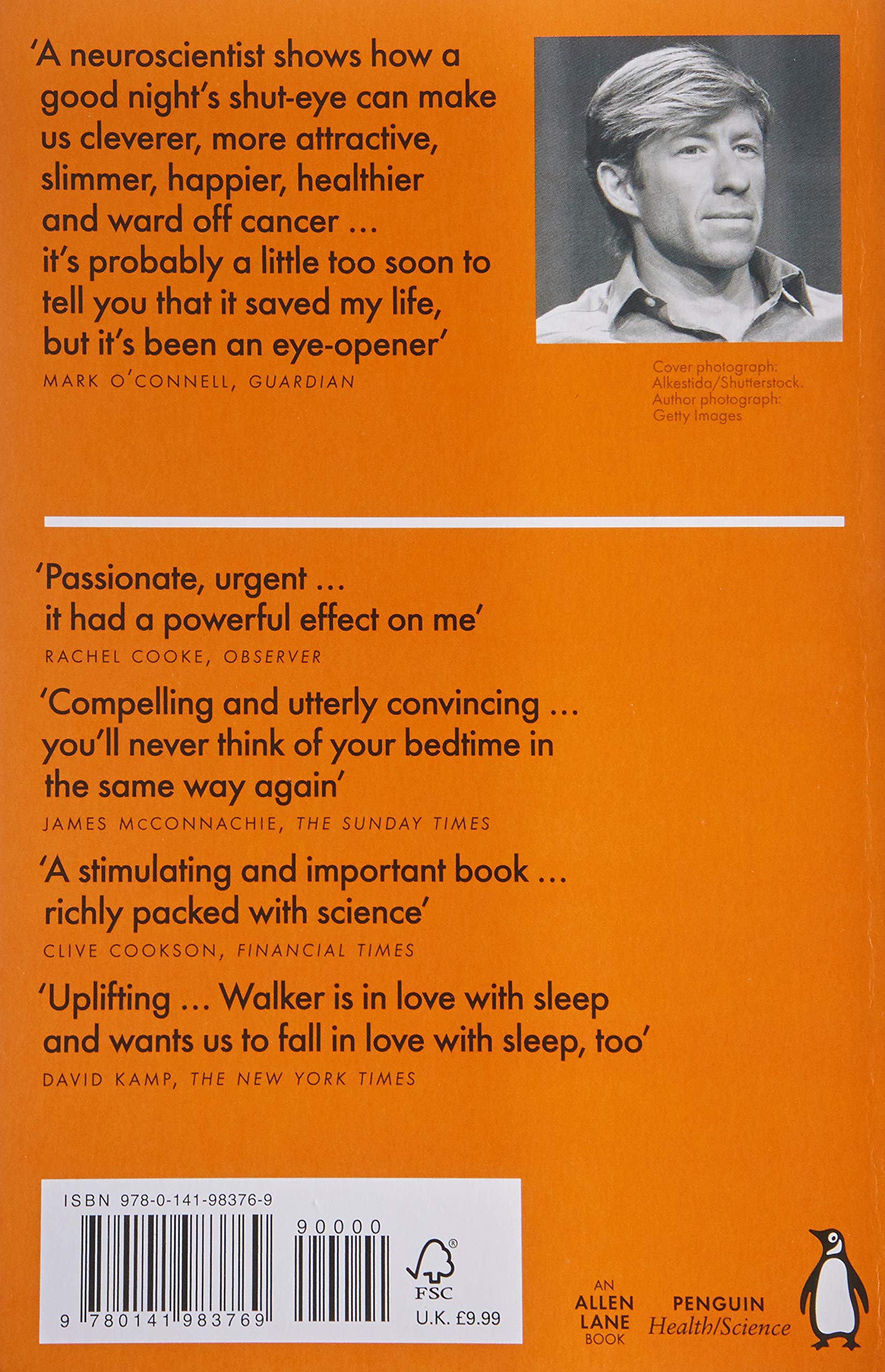

He could take revenge and kill his uncle, and if fortunate he might assume the throne. However Hamlet goes on to wander what might happen after death, "For in that sleep of death what dreams may come / When we have shuffled off this mortal coil" He is troubled with these thoughts, then concludes that perhaps what stops people committing suicide, in spite of all oppressions in their lives, is the fear of terrors that await the dead. He wanders whether it is better to live or die, to endure suffering or to fight against it? Should he "suffer / The slings and arrows of outrageous fortune" or commit suicide?. Hamlet is unable to take action at this point as he is waiting for his plan to "catch the conscience of the king" and therefore he begins an internal debate on the advantages and disadvantages of existence, and whether it is one's right to end his or her own life. In this soliloquy Hamlet reflects on existentialism as he ponders the dilemma of "to be, or not to be". This third soliloquy by Hamlet seems to be governed by reason and not frenzied emotion like the other two. To die, to sleep Ħ5 To sleep: perchance to dream: ay, there's the rub Ħ6 For in that sleep of death what dreams may comeĦ7 When we have shuffled off this mortal coil,Ħ8 Must give us pause: there's the respectħ0 For who would bear the whips and scorns of time,ħ1 The oppressor's wrong, the proud man's contumely,ħ2 The pangs of despised love, the law's delay,ħ3 The insolence of office and the spurnsħ4 That patient merit of the unworthy takes,ħ5 When he himself might his quietus makeħ6 With a bare bodkin? Who would fardels bear,ħ7 To grunt and sweat under a weary life,ħ8 But that the dread of something after death,ħ9 The undiscover'd country from whose bournĨ0 No traveller returns, puzzles the willĨ1 And makes us rather bear those ills we haveĨ2 Than fly to others that we know not of?Ĩ3 Thus conscience does make cowards of us all Ĩ5 Is sicklied o'er with the pale cast of thought,Ĩ6 And enterprises of great pitch and momentĨ7 With this regard their currents turn awry,Ĩ8 And lose the name of action.-Soft you now,Ĩ9 The fair Ophelia! Nymph, in thy orisons 56 To be, or not to be: that is the question:ĥ7 Whether 'tis nobler in the mind to sufferĥ8 The slings and arrows of outrageous fortune,ĥ9 Or to take arms against a sea of troubles,Ħ0 And by opposing end them? To die, to sleep-Ħ2 The heart-ache and the thousand natural shocksĦ3 That flesh is heir to, 'tis a consummationĦ4 Devoutly to be wish'd.


 0 kommentar(er)
0 kommentar(er)
